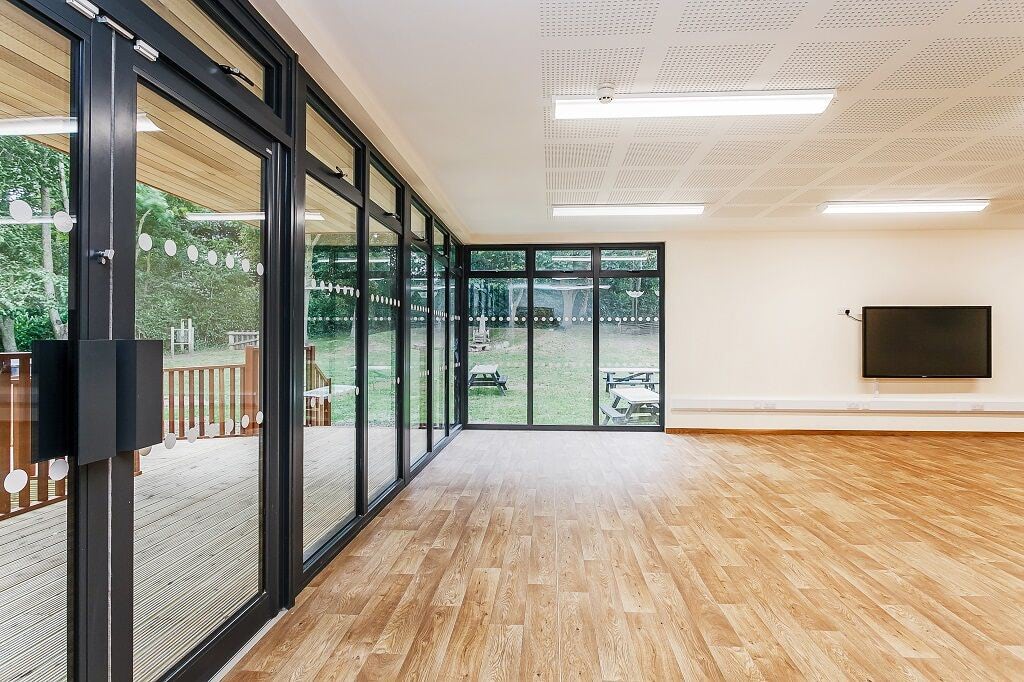Educational Environment is Crucial for a Child’s Learning

Speaking directly with Modular Classrooms by TG Escapes, an Optometrist and wellbeing coach weigh in on back to school discussions…
With schools expected to welcome back pupils in September, parents and children are readying up for the new term in Autumn. Under the latest advice, the government wants teachers to keep classes or whole year groups apart in separate “bubbles”.
General learning environments will look different for a September start with school hours potentially shorter, and class sizes smaller. The government are continuing to push messaging that going back full-time is of most importance to a childs development and mental health.
Speaking to FE News, a child’s learning and development in their education can be positively impacted by the amount of natural light they are receiving suggests Dhruvin Patel, Optometrist and founder of Ocushield.
How can natural light have an impact on direct learning when children return to school in September?
“The most common generic health benefits of natural light are that it: regulates our sleep-wake cycle; puts different hormonal functions in place; and increases serotonin levels, which are responsible for our sense of appetite, memory, energy and sleepiness.”
“The retina within humans detects light using specialized photoreceptor cells, which leads to a cascade of events that regulates many functions in the body, such as: metabolism; attention; stress response; endocrine function; and many more, which shows how natural light itself can have an important impact on learning.”
“It is best practice to control the lighting in any environment as much as possible, especially in the morning and evenings for children.”
Would you suggest teachers limit device use in classrooms?
“We understand putting down devices is not always possible, particularly as many schools now give iPads to children to do their homework on. The blue light emitted from these screens can further contribute to a disturbed sleep-wake cycle, which can leave children feeling groggy in the morning, and this in itself can also impact their learning significantly”.
Alongside natural light, there are a range of other health benefits to be acknowledged, as wellbeing coach and teacher Victoria Raven of Caterpillar Learns and Calm Caterpillar comments:
“Speaking to parents throughout the coronavirus pandemic, they want schools to be normal again. Parents are most concerned about the short and long term mental health effects in their children. They are concerned about how their children will cope if schools don’t make allowances for the time lost and how they will catch up if they fall behind.”
Victoria also provided insight into how stress builds up, leading to poorer behaviour patterns in Children:
“Working as a wellbeing coach and teacher, parents contact me about the anxiety their kids are feeling about school. This manifests as tears, anger, poor behaviour, not going to bed. My advice is to keep your children feeling as safe and confident as possible.”
“Schools need to worry less about academic progress and instead help children to enjoy the experience of being back at school.”
A spokesperson for Modular Classrooms also commented:
“Over recent years, we have seen an increase in the amount of schools looking to improve the educational environment for their children to enhance learning. In particular, parents and teachers are witnessing first-hand how natural light can benefit and improve learning, which can lead to students having better focus, attention and memory, which ultimately can help to better exam results.
“Reducing screen time in schools should also be considered, as this can somewhat negate the benefits that the natural light had during the day”.












Responses